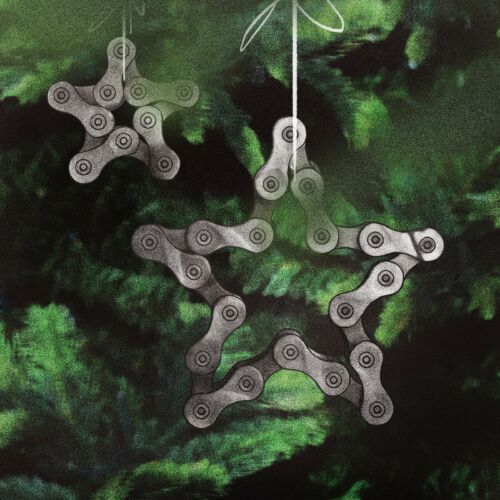Gas, oil, electricity – the Balkans, Russia and the republics of the former USSR
At the end of November this year, Uzbekistan and Kazakhstan started talks on concluding a natural gas union. The alliance would help the two countries coordinate gas exports and supplies to domestic consumers and open the way for close integration – economic, political and defence. The Russian government immediately announced that it should become part of the agreement. Russia could thus exercise control over the strategic region and make up for the financial losses caused by the sanctions imposed by the West after the invasion of Ukraine in February this year. Uzbekistan, however, is strongly opposed to such an arrangement, and Kazakhstan has yet to make a decision.
During a meeting between the leaders of Turkey, Turkmenistan and Azerbaijan, President Recep Tayyip Erdoğan supported the creation of a gas pipeline that could reduce Europe’s dependence on Russia. The pipeline would connect Turkmenistan to Azerbaijan via the Caspian Sea. Turkmenistan ranks sixth in the world – after Russia, Iran, Qatar, the US and Saudi Arabia – in terms of natural gas reserves.
The leaders of Hungary, Romania, Georgia and Azerbaijan have agreed on an undersea energy cable that could become a new energy source for European Union countries. The cable is to run under the Black Sea and connect Azerbaijan to Hungary via Georgia and Romania. Meanwhile, the Bulgarian authorities have reactivated the plan to build the Burgas-Alexandropolis oil pipeline, which Russian oil company Lukoil has supported. Bulgaria has the right to use Russian oil until the end of 2024.























